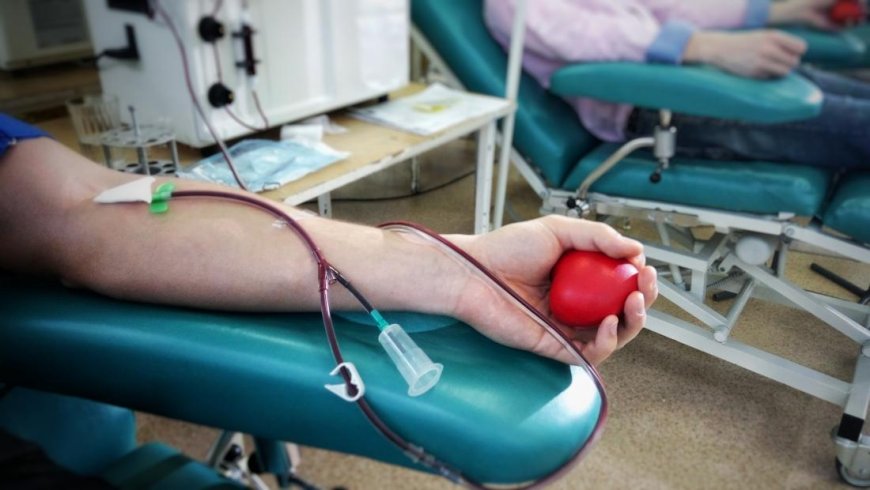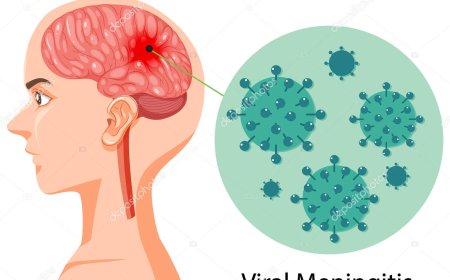Blood Transfusion

Introduction:
Blood Transfusion is a vital medical procedure that can save lives. It is commonly used in India and all over the world to help people with certain health conditions. In this article, we will learn all about Blood Transfusion, including what it is, its different types, causes, and how it can be treated.
What is Blood Transfusion?
Blood Transfusion is a medical process where healthy blood from one person (a donor) is given to another person (a patient) who needs it. This helps the patient get the right kind of blood they need to feel better and become healthier.
How is Blood Transfusion Classified?
Blood Transfusions are classified based on the type of blood components being given. The main types are:
- Red Blood Cell Transfusion: When a patient needs more red blood cells, they receive a Red Blood Cell Transfusion. These cells carry oxygen around the body, and sometimes people need extra help in getting enough of them.
- Platelet Transfusion: Platelets are tiny helpers that stop bleeding when someone gets hurt. A Platelet Transfusion gives patients more of these helpers when their body cannot make enough.
- Plasma Transfusion: Plasma is like a liquid that helps the blood flow smoothly and contains important proteins. Plasma Transfusion helps patients when their bodies are not producing enough of it.
Signs and Symptoms:
When someone needs a Blood Transfusion, they might feel weak, tired, or dizzy. They might also have pale skin or experience difficulty breathing. Sometimes, patients may have bleeding problems or a low number of blood cells, and that's when a Blood Transfusion is necessary.
Causes and Triggers:
Blood Transfusions are needed for various reasons. Some common causes include accidents, surgeries, or certain diseases that affect the blood and its components. For example, if someone has lost a lot of blood due to an injury, they may need a Blood Transfusion to replenish their blood supply.
Risk Factors with Examples:
Certain people are at a higher risk of needing a Blood Transfusion. For example:
- People with severe injuries from accidents may need a Blood Transfusion to replace lost blood quickly.
- Patients with certain medical conditions, like leukemia, might need frequent transfusions to help their body function properly.
Types of Blood Transfusion with Detailing for Each Type:
-
Red Blood Cell Transfusion: This type of transfusion provides red blood cells to patients who have low levels due to injury, illness, or surgery. It helps them feel less tired and breathe better.
-
Platelet Transfusion: Platelet Transfusions are given to patients who have low platelet counts, usually because of conditions like cancer treatment or certain diseases. It helps stop bleeding and promotes healing.
-
Plasma Transfusion: Plasma Transfusions provide patients with essential proteins and nutrients to keep their blood flowing smoothly and prevent clotting problems.
Diagnostic Tests and Their Uses for Treatments:
Before giving someone a Blood Transfusion, doctors perform some tests to ensure they get the right blood type and components. The main tests are:
- Blood Type Test: This test checks the patient's blood type to match it with the donor's blood for a safe transfusion.
- Crossmatching: Doctors also do a crossmatching test to check if the donor's blood is compatible with the patient's to avoid any problems.
Complications of Blood Transfusion:
Blood Transfusions are generally safe, but like any medical procedure, there can be some complications. Allergic reactions, infections, or rare cases of mismatched blood can happen. However, doctors take all necessary precautions to prevent these complications.
Prevention Techniques:
To prevent the need for a Blood Transfusion, it's essential to stay healthy and avoid risky situations. Eat a balanced diet, wear seatbelts while traveling, and stay safe during sports activities. Regular medical check-ups can also help identify any issues early and prevent them from becoming severe.
Blood Transfusions are a crucial medical procedure that helps save lives and improve the health of patients in India and around the world. With proper understanding and prevention, we can take better care of our bodies and ensure a healthier future for all.
What's Your Reaction?
 Like
0
Like
0
 Dislike
0
Dislike
0
 Love
0
Love
0
 Funny
0
Funny
0
 Angry
0
Angry
0
 Sad
0
Sad
0
 Wow
0
Wow
0








































































